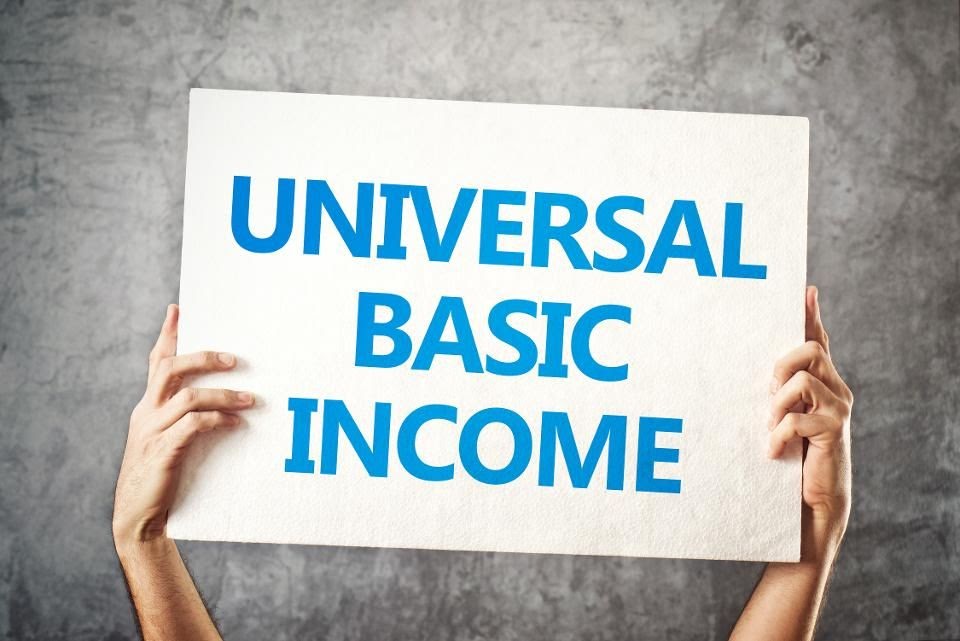 I was recently reading Andrew Yang’s book, “The War Against Normal People.” The book re-introduces the concept of Universal Basic Income (UBI).
I was recently reading Andrew Yang’s book, “The War Against Normal People.” The book re-introduces the concept of Universal Basic Income (UBI).
In Mr. Yang’s incarnation, every American, rich or poor would receive a $1,000 per month, or $12,000 per year from the government. There would be no restrictions on how this money is spent.
What's the rationale for UBI?
A part of the rationale behind the idea is that the poverty line in the USA is about $12,000 per year. By distributing this amount to every person, we would eliminate poverty in our country. Another part of the rationale is that $12,000 can make many low paying jobs acceptable to family-oriented adults. For instance, it can change an $18,000 per year job into a $30,000 per year job. For many people that would be a huge difference.
Mr. Yang argues that by transforming jobs this way, the UBI will induce millions of working age adults to re-enter the workforce. Additionally, it may keep others from throwing up their hands and leaving the workforce altogether.
Is UBI realistic?
The book also points out that UBI is not an original idea and has been hotly debated within the US and elsewhere for a long time. There are currently pilot projects related to UBI in a number of countries, including Canada, Finland, Kenya, and even the United States (Alaska).
Of course, a big question is: How do we pay for it? Many schemes have been suggested by various economists and politicians. Mr. Yang proposes a shift from a Sales Tax on consumer transactions to a Value Added Tax (VAT). This spurs an equally confusing debate on the relative merits and total revenue produced from a Sales Tax versus a VAT. We'll save that for another time.
I’m not here to debate whether the idea of UBI is good or bad, or how we might pay for it. Instead, or whether its time has come. Instead, I want to examine how UBI would impact the world of hiring.
How would UBI affect hiring?
If you believe Mr. Yang’s projections, a likely outcome of a UBI would be higher applicant volumes due to the re-entry of millions of working age adults in the workforce. Handling the increased volume would be a challenge that recruiting organizations would need to be prepared for.
Another potential outcome is that applicants may become more choosy about the type of work they do and who they do that work for. By eliminating poverty we satisfy the physiological and safety tiers in Maslow’s Hierarchy of Needs. That means fewer people will be worried about making ends meet and more will focus on higher order needs, like love, esteem, and belonging.
For instance, candidates (and employees) may place more emphasis on using metrics such as social responsibility in evaluating potential employers - activities alongside which they want to identify themselves. Earth-friendly business practices may become just as important as employee-friendly practices in recruiting talent. It may sound a little far fetched, but these themes are already occurring, particularly with those in the younger generations.
There are probably other outcomes as well. More temp and freelance workers among them. However, the two I have mentioned - higher applicant volume and greater emphasis on social responsibility - will keep us busy for some time. If it looks like the idea of UBI is gaining traction, it may be time to re-evaluate your organization’s readiness in both areas.
